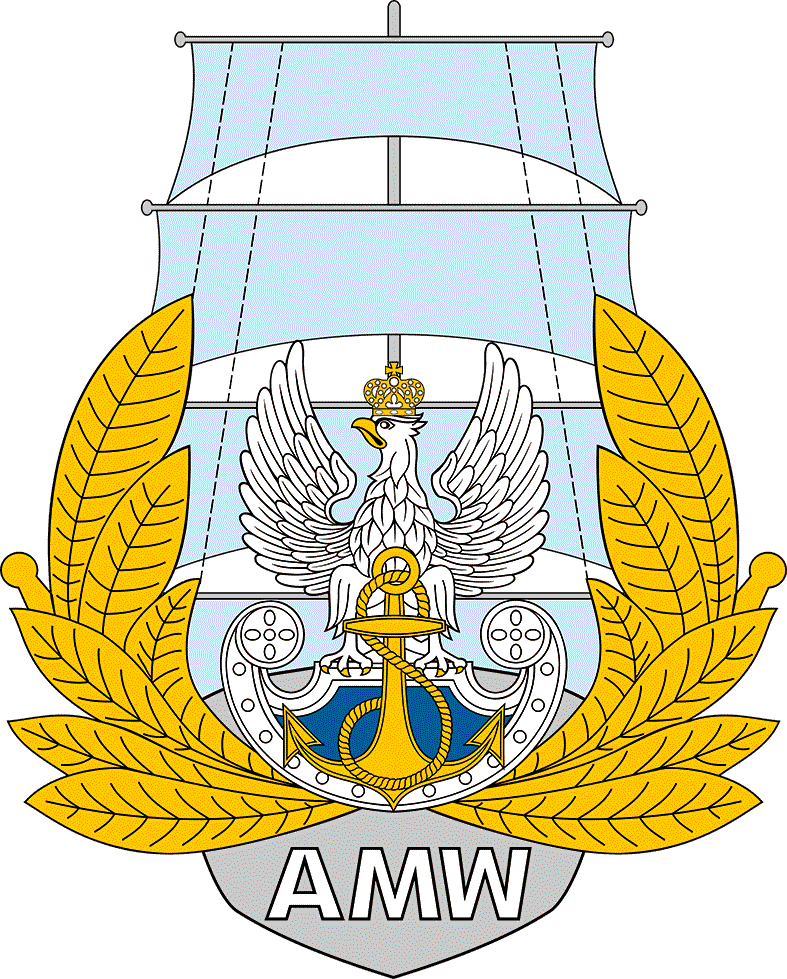E P I S T E M I C A S P E C T S O F A N A E S T H E T I C E X P E R I E N C E I N T H E P H I L O S O P H Y O F J O H N D E W E Y
Keywords:
theory of knowledge, aesthetics, inquiry, qualitative immediacy, panaesthetismAbstract
In this paper, the author elaborates on the idea of “common pattern of inquiry”, which is the core concept of late theory of knowledge of John Dewey. Author points at qualitative moments of this inquiry pattern which disclose aesthetic aspects of every kind of organized human activity. Conclusions of these analyzes enable to reveal some epistemological aspects of aesthetic experience. Despite, Dewey always rejected any sort of radical and fixed divisions of human experience into separate spheres, he has never conceived experience as completely undifferentiated monolith. For Dewey, experience is a dynamic unity, which undergoes various changes in which different aspects dominate only temporarily. Dewey claims, that among such kinds of experience, it is the aesthetic modus which discloses the sense of undivided and immediate character of human experience in the way which restrain it from complete shift into the matter of uncontrolled and unknowable qualities of primary experience. The art is thus the best expression of the essence of human experience and of the nature itself. The author claims, that due to distinguished role of aesthetic experience in the late naturalistic philosophy of Dewey, his standpoint may be understand as a sort of panaesthetism.






